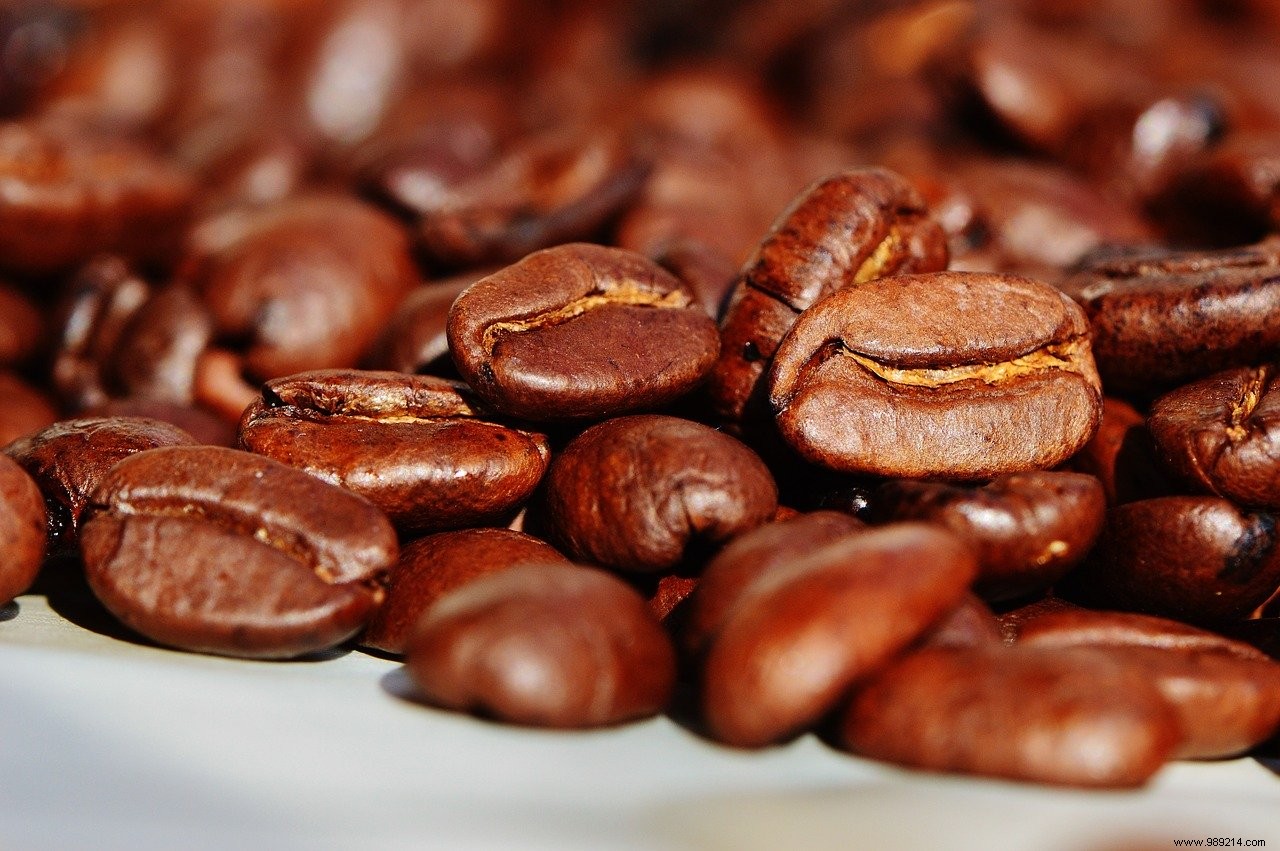A meta-analysis, the results of which are published in the journal BMJ Evidence-Based Medicine, reveals that there is no safe level of consumption of caffeine for pregnant women.
The UK NHS, American College of Obstetricians and Gynecologists, Dietary Guidelines for Americans and European Food Safety Authority (EFSA) advise pregnant women not to not consume more than 200 milligrams of caffeine . That's about two cups of coffee on average. However, is it really safe? Works signed by Icelandic researchers conclude not. Indeed, even low levels may harm the developing fetus during pregnancy.
To conduct this study, Jack James and his team reviewed the results of 48 studies and meta-analyses published over the past two decades. All had examined the potential link between caffeine and negative pregnancy outcomes. These included miscarriages, stillbirths, low birth weight, premature births and acute childhood leukemia.
Of the 48 reports, 37 observational studies reported 42 outcomes. Of this sample, 32 established that caffeine significantly increased the risk of adverse pregnancy outcomes (except prematurity). The remaining ten pointed to non-existent or inconclusive associations.
The other eleven studies reported the results of 17 meta-analyses. Of this sample, 14 established that caffeine consumption during pregnancy was associated with an increased risk miscarriage, stillbirth, low birth weight and acute childhood leukemia. The remaining three meta-analyses found no association.

These studies are based solely on observations. Further research is therefore needed to understand how caffeine can actually harm the fetus. Nevertheless, studies have already confirmed that these particles can cross the placenta. Additionally, fetuses and newborns typically lack the enzymes needed to metabolize caffeine. These two points could explain why they are so sensitive to it.
Still, for Professor James, there is "substantial cumulative evidence of an association between maternal caffeine consumption and various negative pregnancy outcomes. As a result, health recommendations regarding caffeine consumption during pregnancy need an urgent update. "Pregnant women and those contemplating pregnancy are advised to avoid caffeine “ , he concludes.